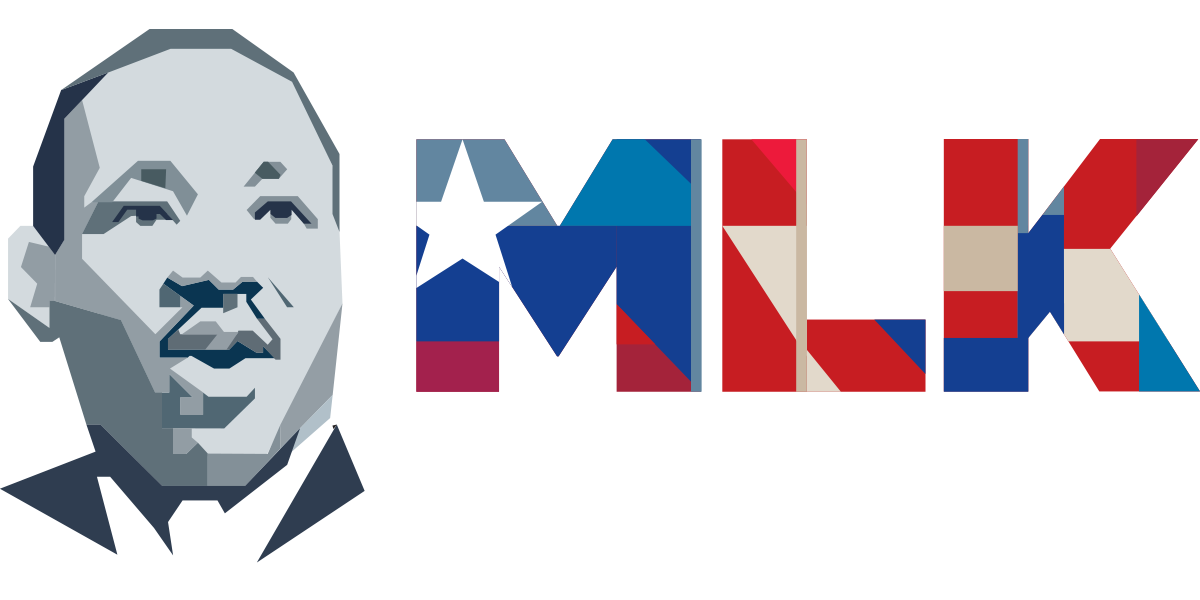“At the center of non-violence stands the principle of love.”
DR. KING'S SIX STEPS OF NONVIOLENT SOCIAL CHANGE AND PRINCIPLES OF NONVIOLENCE
“The aftermath of nonviolence is the creation of the beloved community.
The aftermath of nonviolence is redemption.
The aftermath of nonviolence is reconciliation.
The aftermath of violence is emptiness and bitterness.”
Six steps of nonviolent social change
[from The Dr. King Center]
The Six Steps for Nonviolent Social Change are based on Dr. King's nonviolent campaigns and teachings that emphasize love in action. Dr. King's philosophy of nonviolence, as reviewed in the Six Principles of Nonviolence, guide these steps for social and interpersonal change.
INFORMATION GATHERING: To understand and articulate an issue, problem or injustice facing a person, community, or institution you must do research. You must investigate and gather all vital information from all sides of the argument or issue so as to increase your understanding of the problem. You must become an expert on your opponent's position.
EDUCATION: It is essential to inform others, including your opposition, about your issue. This minimizes misunderstandings and gains you support and sympathy.
PERSONAL COMMITMENT: Daily check and affirm your faith in the philosophy and methods of nonviolence. Eliminate hidden motives and prepare yourself to accept suffering, if necessary, in your work for justice.
DISCUSSION / NEGOTIATION: Using grace, humor and intelligence, confront the other party with a list of injustices and a plan for addressing and resolving these injustices. Look for what is positive in every action and statement the opposition makes. Do not seek to humiliate the opponent but to call forth the good in the opponent.
DIRECT ACTION: These are actions taken when the opponent is unwilling to enter into, or remain in, discussion/negotiation. These actions impose a "creative tension" into the conflict, supplying moral pressure on your opponent to work with you in resolving the injustice.
RECONCILIATION: Nonviolence seeks friendship and understanding with the opponent. Nonviolence does not seek to defeat the opponent. Nonviolence is directed against evil systems, forces, oppressive policies, unjust acts, but not against persons. Through reasoned compromise, both sides resolve the injustice with a plan of action. Each act of reconciliation is one step closer to the 'Beloved Community.'
Based on Martin Luther King, Jr.'s "Letter from Birmingham Jail" in Why We Can't Wait, Penguin Books, 1963.
Dr. KING’S PRINCIPLES OF NONVIOLENCE
[from The Dr. King Center]
Principle One:
Nonviolence is a way of life for courageous people.
It is active nonviolent resistance to evil.
It is aggressive spiritually, mentally and emotionally.
Principle Two:
Nonviolence seeks to win friendship and understanding.
The end result of nonviolence is redemption and reconciliation.
The purpose of nonviolence is the creation of the Beloved Community.
Principle Three:
Nonviolence seeks to defeat injustice not people.
Nonviolence recognizes that evildoers are also victims and are not evil people.
The nonviolent resister seeks to defeat evil not people.
Principle Four:
Nonviolence holds that suffering can educate and transform.
Nonviolence accepts suffering without retaliation.
Unearned suffering is redemptive and has tremendous educational and transforming possibilities.
Principle Five:
Nonviolence chooses love instead of hate.
Nonviolence resists violence of the spirit, as well as the body.
Nonviolent love is spontaneous, unmotivated, unselfish and creative.
Principle Six:
Nonviolence believes that the universe is on the side of justice.
The nonviolent resister has deep faith that justice will eventually win.
“The aftermath of nonviolence is the creation of the beloved community.
The aftermath of nonviolence is redemption.
The aftermath of nonviolence is reconciliation.
The aftermath of violence is emptiness and bitterness.”
“I do not think of political power as an end. Neither do I think of economic power as an end. They are ingredients in the objective that we seek in life. And I think that end of that objective is a truly brotherly society, the creation of the Beloved Community.”


